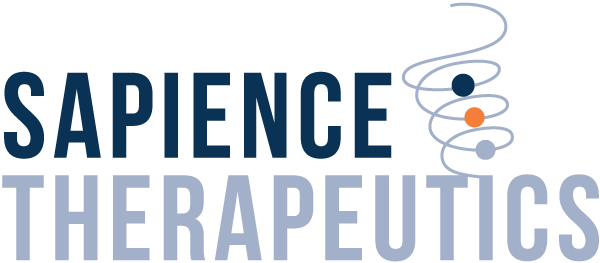A Phase 1-2 Study of ST101 in Patients With Advanced Solid Tumors
NCT04478279
Purpose of the Study
ST101-101 is an open-label, two-part, phase 1-2 dose-finding study designed to determine the safety, tolerability, PK, PD, and proof-of-concept efficacy of ST101 administered IV in patients with advanced solid tumors. The study consists of two phases: a phase 1 dose escalation/regimen exploration phase and a phase 2 expansion phase.
Eligibility
AGE:
18+
SEX:
ALL
Conditions
Newly Diagnosed Glioblastoma (ndGBM) | Recurrent Glioblastoma (rGBM)
Status
Recruiting Window of Opportunity Surgical
Sub-Study:
ndGBM (+ radiation and temozolomide)
rGBM (monotherapy)
Phase
Phase 2
ST101
Program Overview
ST101, a first-in-class antagonist of C/EBPβ, is currently being evaluated in patients with newly diagnosed and recurrent GBM (ndGBM and rGBM) in the Phase 2 portion of an ongoing Phase 1-2 clinical study (NCT04478279). In an ongoing window-of-opportunity sub-study, ST101 is being evaluated as a monotherapy in rGBM and in combination with radiation and temozolomide in ndGBM, with patients receiving ST101 before and after surgical resection.
ST101 has been granted Fast Track designation for rGBM from the U.S. FDA and Orphan Drug designations for glioma from the U.S. FDA and the European Commission.
